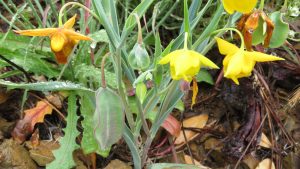

Contributor
- Topics: Archive, Plants You Need
The acanthus motif on Corinthian columns at the Palace of Fine Arts, San Francisco
In the fifth century BC, a Greek artist carved elegant leaves in the stone capitol at the top of a column, using a species of Acanthus as the model. His design became popular as the Corinthian style of column; if you peer up at neoclassical columns on buildings in modern cities, you may still see acanthus leaves at the top. The plants themselves are not always as honored in our gardens, often popping up in odd corners, seemingly unappreciated and untended. But when acanthus is healthy and well placed, it is a strikingly elegant plant.
Acanthus mollis is native to rocky woodlands across southern Europe, from Portugal to Italy, Sicily, the former Yugoslavia, and northwestern Africa. The plants we see in our gardens are mostly A. mollis var. latifolius, a native of Spain and Portugal with leaves reaching two feet across on stems four feet tall; the stately flower stalks average five to six feet tall.
Acanthus makes a bold statement in a small space and can be splendid in larger spaces with other strongly architectural plan...
READ THE WHOLE STORY
Join now to access new headline articles, archives back to 1977, and so much more.
Enjoy this article for FREE:
Articles: Calochortophilia: A Californian’s Love Affair with a Genus by Katherine Renz
If you are already a member, please log in using the form below.
Share:
Social Media
Garden Futurist Podcast
Most Popular
Videos
Topics
Related Posts
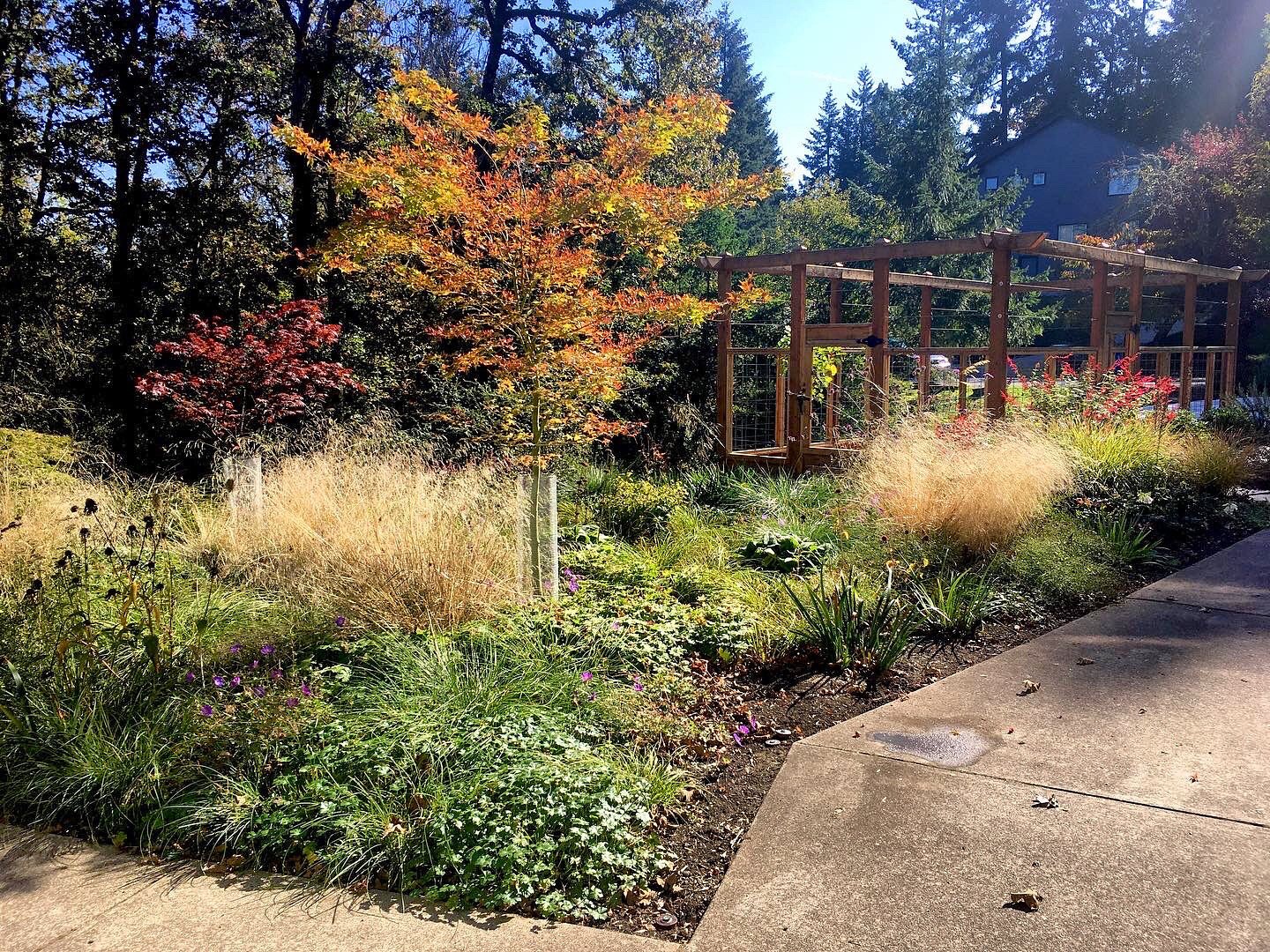
Low Maintenance Gardens – Better for Pollinators and People
Autumn 2022 “I come out every day. It’s therapy, my meditation.” Janet’s young garden transformed from overgrown, invasive plants to mostly natives. The dailiness of
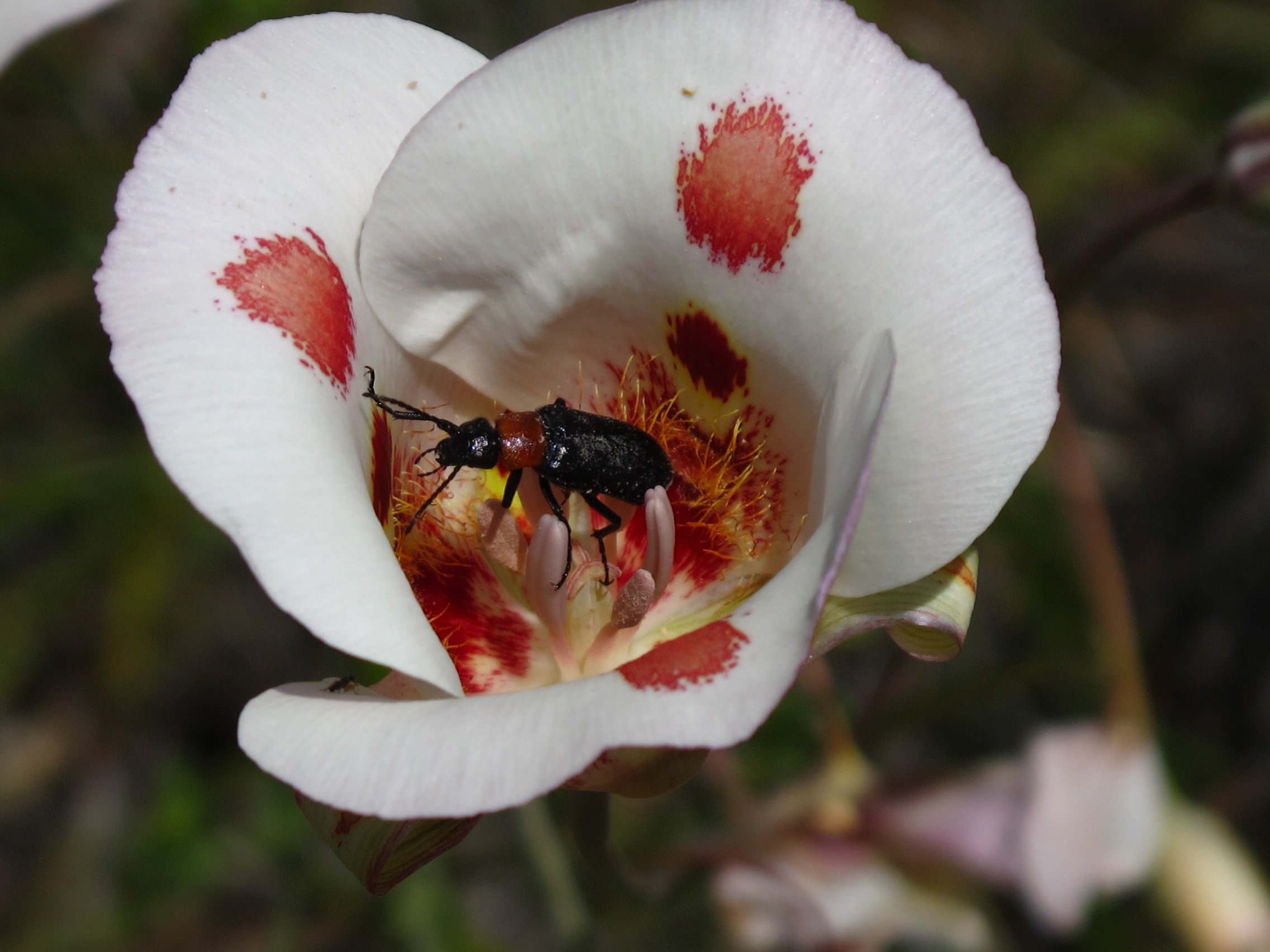
Calochortophilia: A Californian’s Love Affair with a Genus
Summer 2022 I can chart the progression of my life by Calochortus. For the last two decades, at least. As a teenage girl growing up
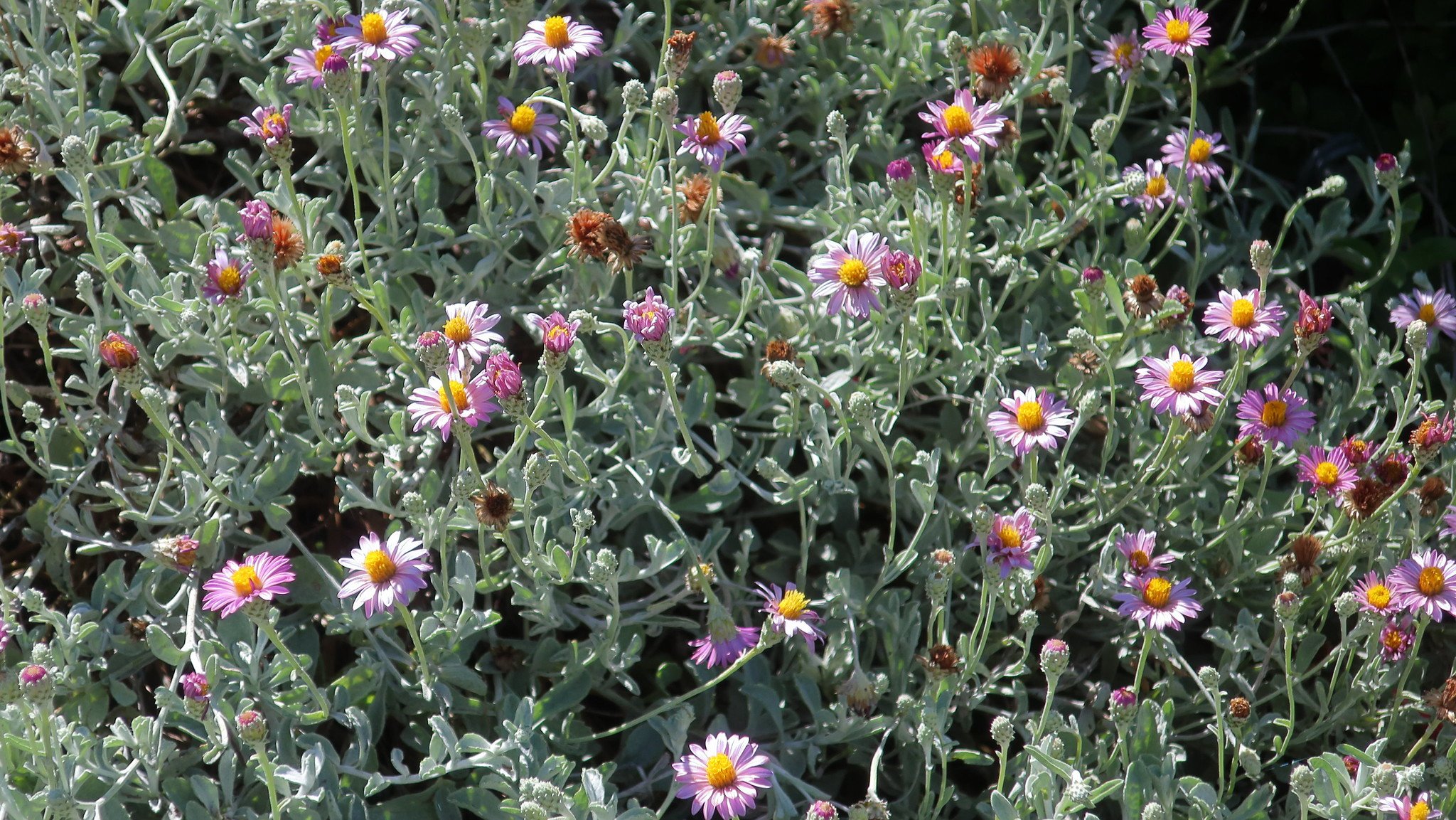
Pacific Plant People: Carol Bornstein
Spring 2022 Public gardens play a key role in demonstrating naturalistic planting design, selecting native and adapted plants for habitat, and testing techniques for reducing
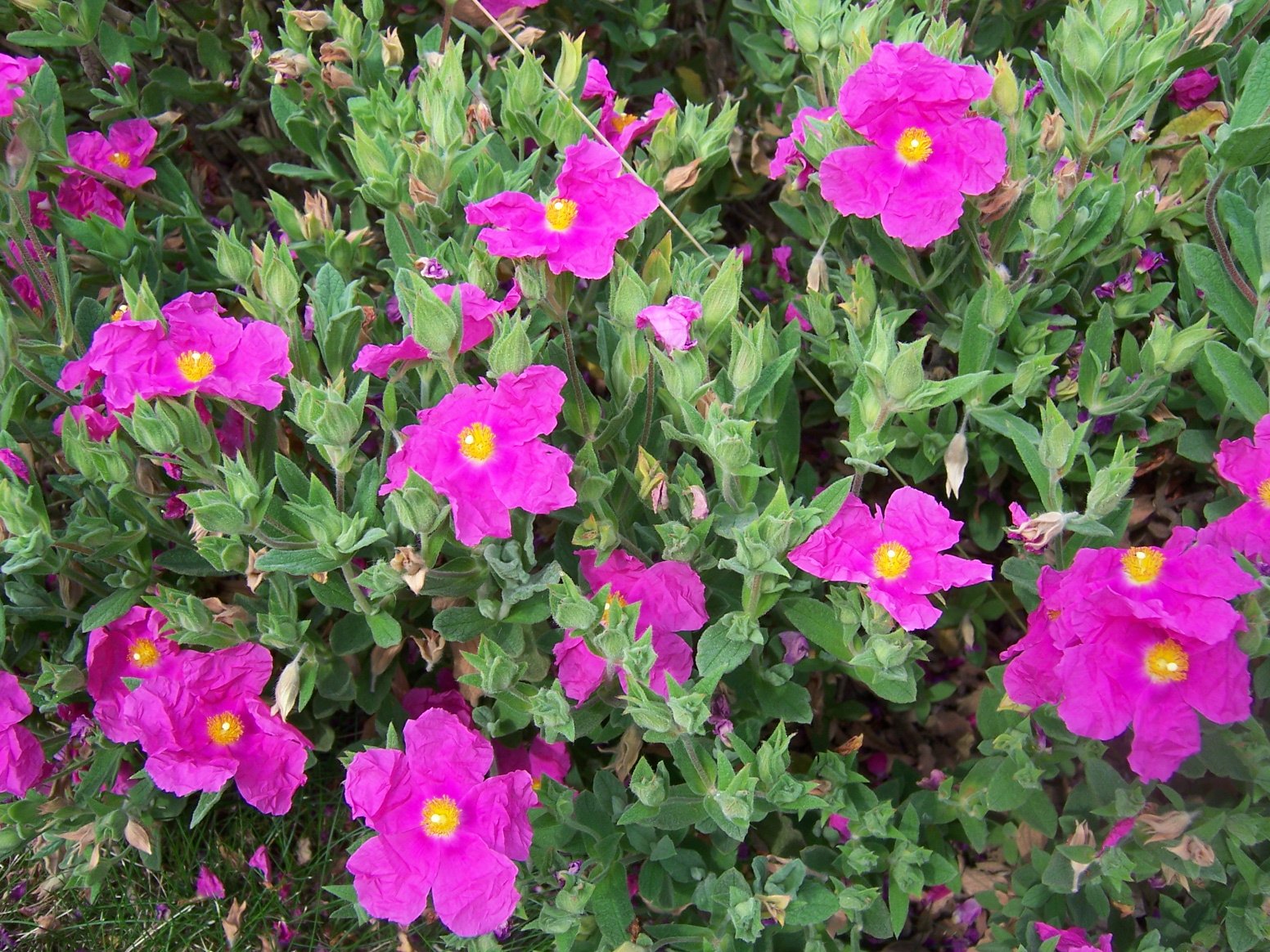
Add Year-Round Interest and Winter Blooms for Pollinators
Spring 2022 This article was created from an Interview by Merrill Jensen with Neil Bell in the Summer of 2021 for our Pacific Plant People

